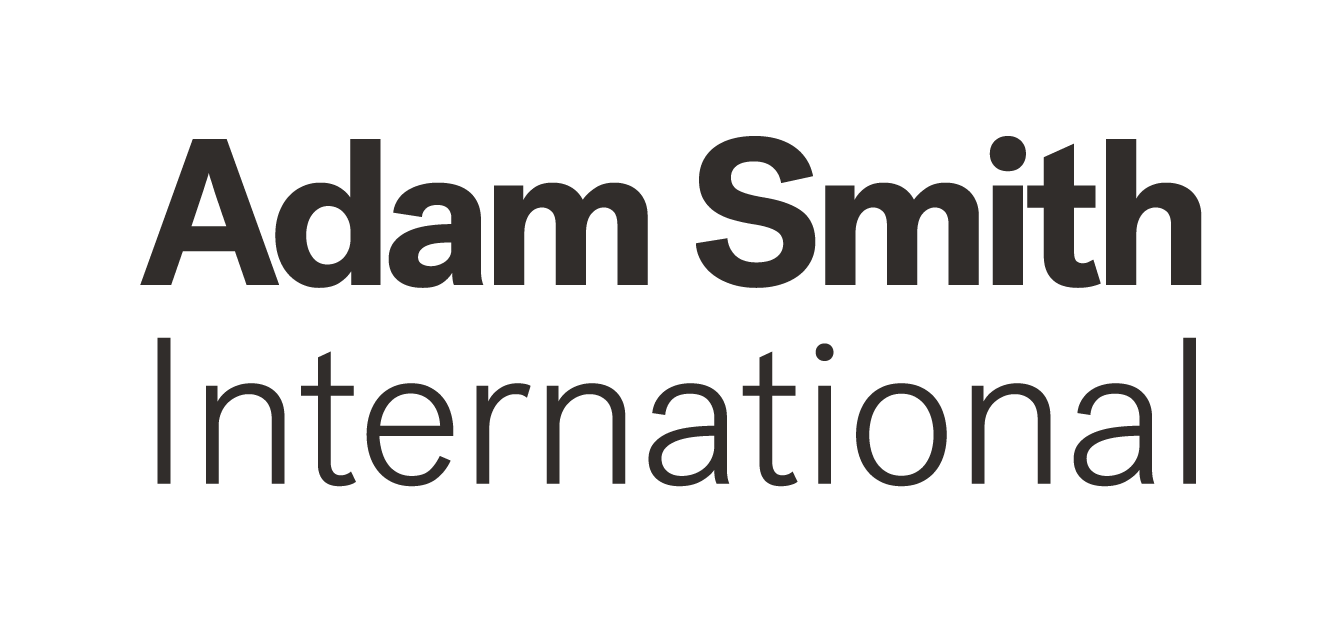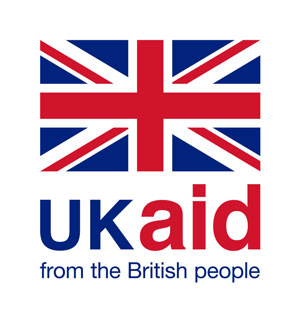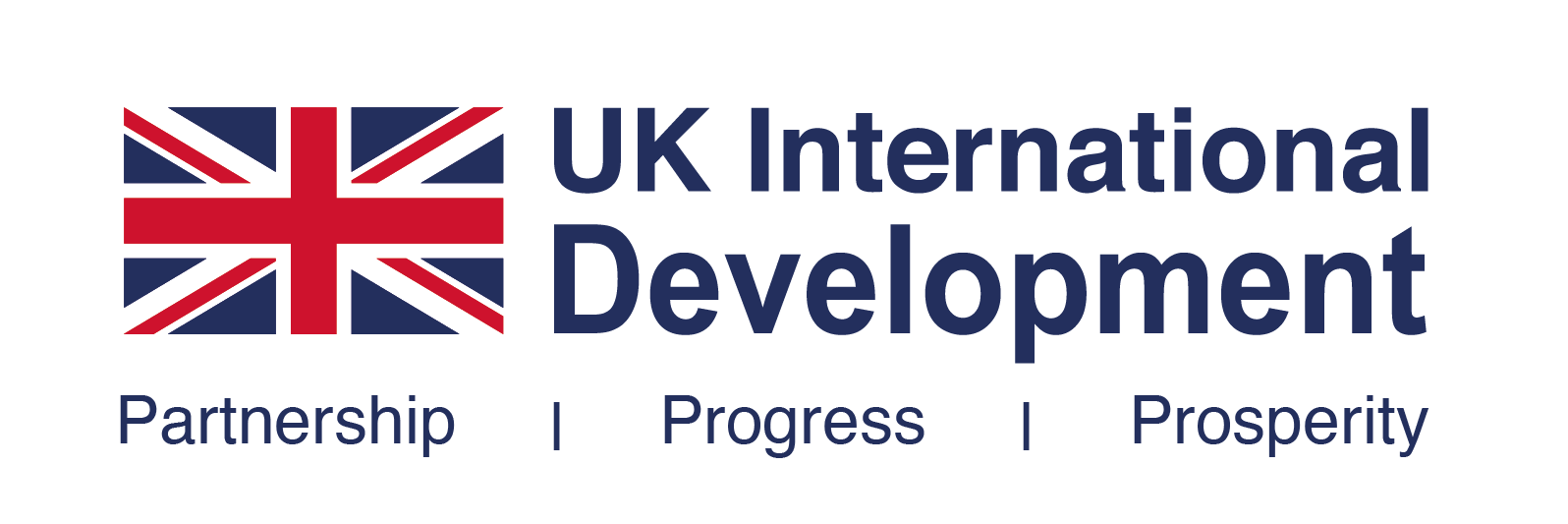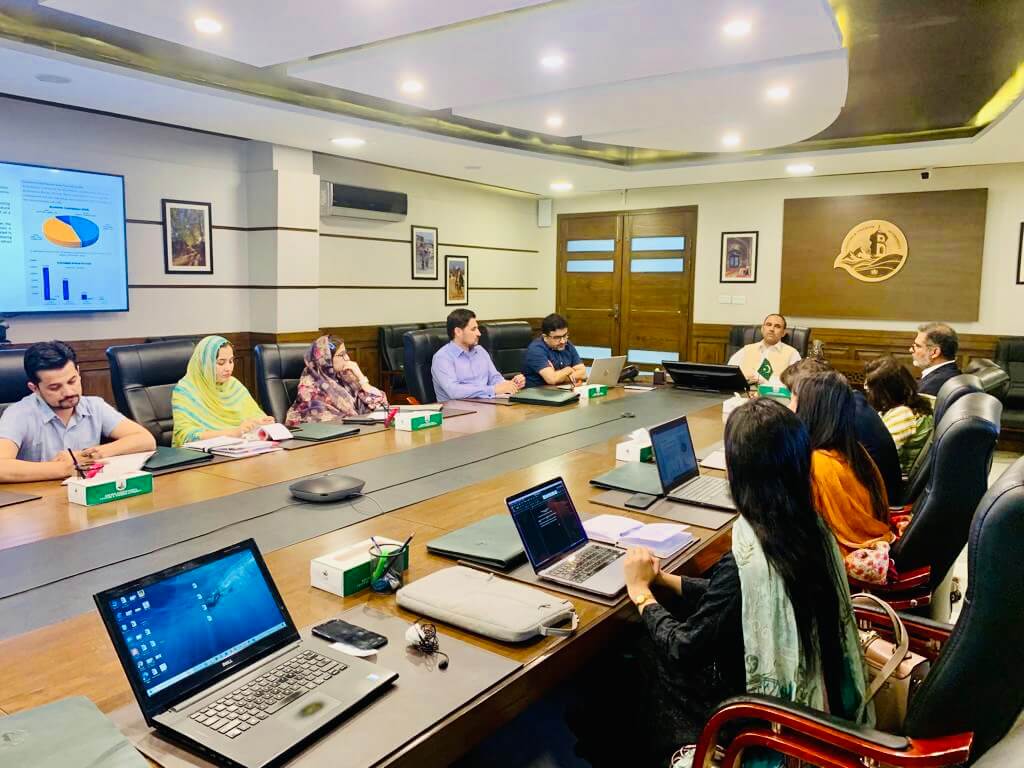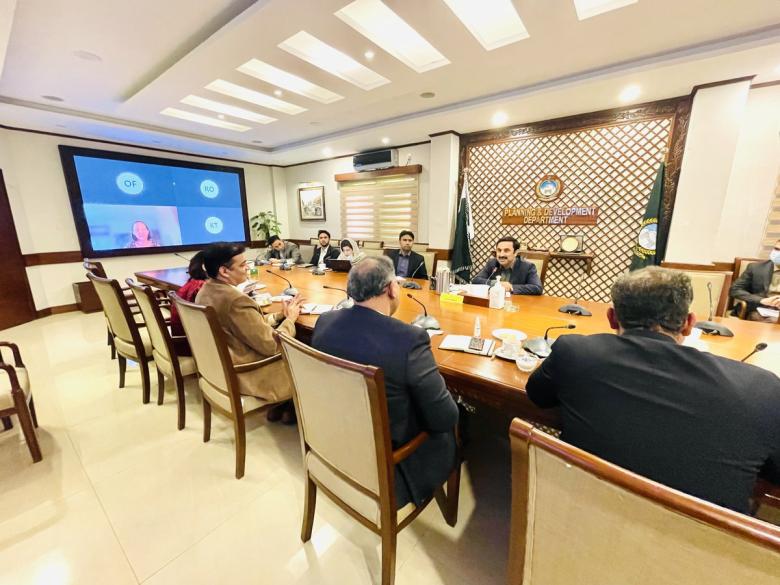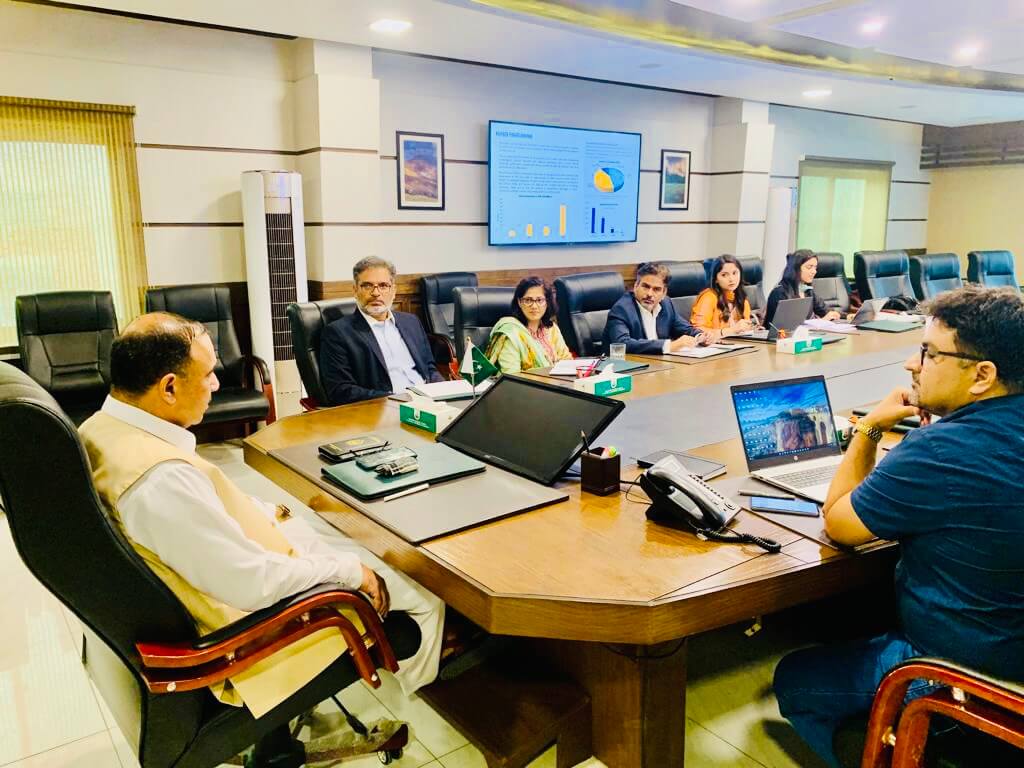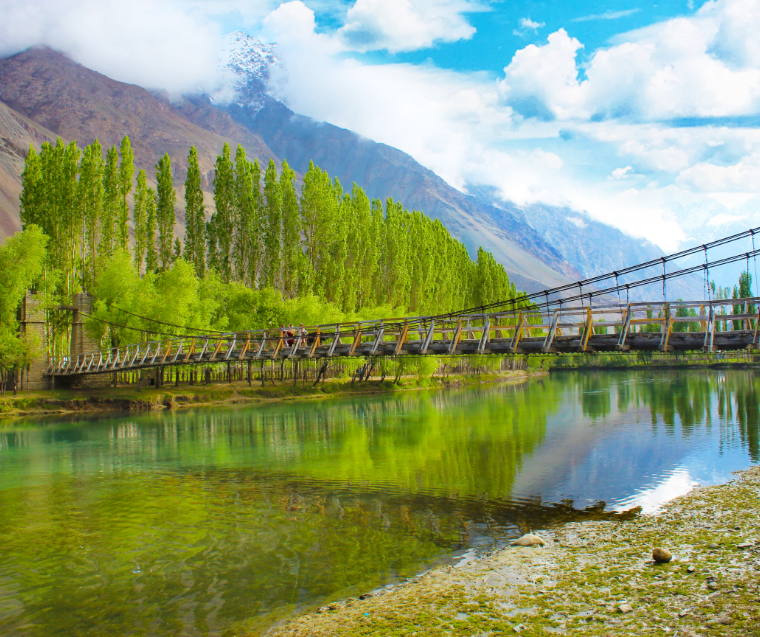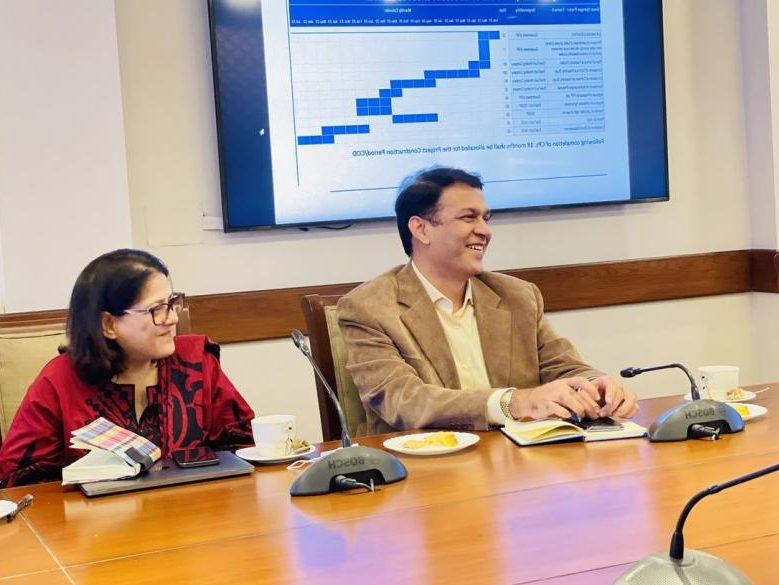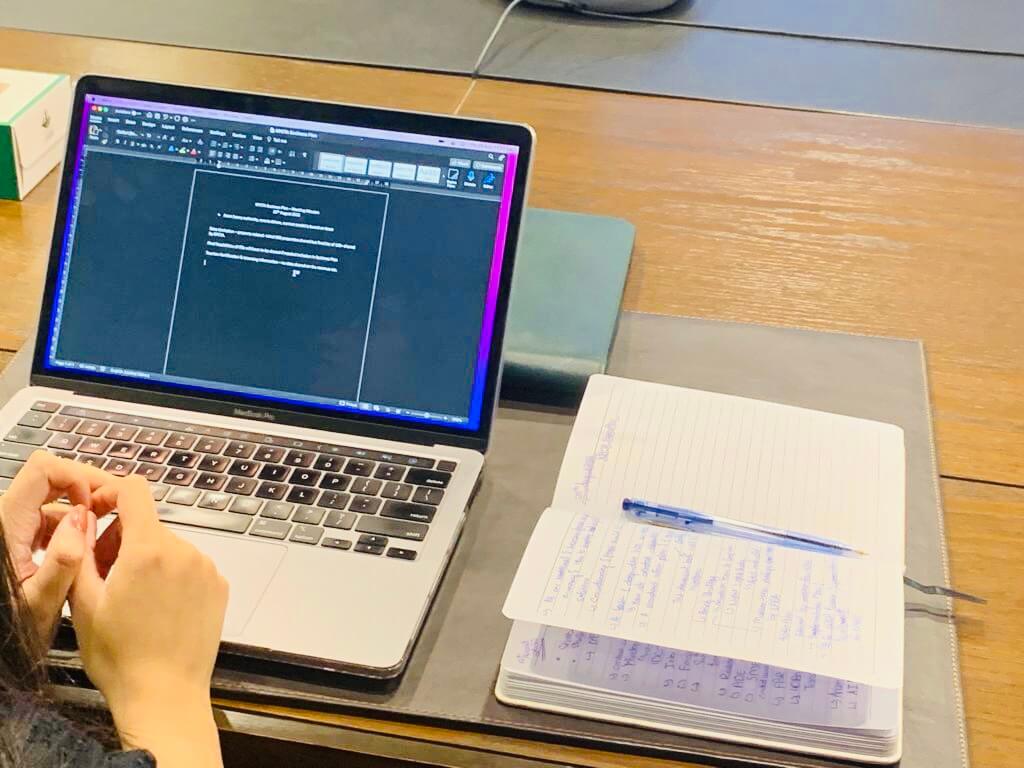Public-Private Partnerships (PPPs)
Public-Private Partnerships: A Path to Sustainable Development
Public-Private Partnerships (PPPs) play a key role in infrastructure development and service delivery by combining public oversight with private sector expertise and investment. These long-term collaborations can help address infrastructure gaps, improve efficiency, and ensure sustainable and innovative project execution. PPPs can take various forms, including joint ventures, concessions, and build-operate-transfer models, each applying different models to balance risk and maximise impact. By fostering private sector participation, these partnerships contribute to economic growth and improved public services.
Khyber Pakhtunkhwa (KP) has built a stronger, more transparent Public-Private Partnership (PPP) framework to attract private sector investment. By enhancing legal and regulatory structures, establishing key institutions, and introducing risk management measures, the province is ensuring a more predictable and investor-friendly environment for infrastructure development. Key reforms include strengthening the PPP Act 2020 with supporting rules and guidelines that define clear processes for project selection, funding, and risk-sharing. Institutions such as the PPP Committee and PPP Unit have been established to oversee projects, while new financial mechanisms—like the Project Development Facility and Viability Gap Fund—help government agencies develop projects and make them bankable. Environmental and social management guidelines have also been introduced to ensure sustainable development.
SEED has played a key role in shaping KP’s PPP framework by supporting the development of rules under the PPP Act 2020 and introducing guidelines for risk management, project development, and sustainability. It has helped key institutions perform their due functions, provided technical assistance to the PPP Unit, and strengthened financial mechanisms to improve project preparation. These efforts are laying the foundation for a more efficient, transparent, and investment-ready PPP ecosystem in KP.
To strengthen the execution of Public-Private Partnerships (PPPs) in Khyber Pakhtunkhwa, SEED launched a capacity-building initiative for government officers across 12 key departments. By enhancing their ability to identify, manage, and execute PPP projects, this initiative is laying the groundwork for more efficient infrastructure development and improved public service delivery. Officers participated in intensive training sessions that combined theoretical learning with practical application. The programme integrated the globally recognised Accredited Professional Managers Group (APMG) Certified Public Private Partnerships Professional (CP3P) Foundation module with tailored sessions on KP’s PPP framework and project development. This hands-on approach simplified complex PPP concepts, ensuring participants could apply them effectively in real-world scenarios.
SEED has not only provided technical training but also ensured long-term knowledge transfer by certifying master trainers from within the government. These trainers will act as knowledge multipliers, embedding best practices within their departments and providing ongoing guidance for future PPP projects. By strengthening institutional capacity, SEED is helping KP build a more sustainable and investment-ready PPP ecosystem, driving economic growth and improved public services.
The Swat Expressway Phase-I is a landmark Public-Private Partnership (PPP) project designed to improve regional connectivity and drive economic growth in Khyber Pakhtunkhwa. Spanning 80 kilometres, the four-lane (expandable to six) expressway features nine interchanges, seven major river bridges, and modern safety infrastructure, ensuring a safe and efficient travel corridor. With a design speed of 120 km/hr, the project aims to enhance mobility for residents, businesses, and tourists alike. Over time, the project is expected to generate Rs. 40.98 billion in revenue for the provincial government, making it a key driver of economic activity in the region. By strengthening the regulatory framework, providing technical expertise, and facilitating private sector engagement, SEED has helped lay the groundwork for large-scale investment in projects like the Swat Expressway. Through its continued support, SEED is ensuring that KP’s infrastructure keeps pace with economic growth, unlocking new opportunities for trade, tourism, and mobility.
Khyber Pakhtunkhwa’s (KP) tourism sector has experienced significant growth, driven by improved infrastructure and security. To capitalise on this momentum, the government aims to attract 5 million annual visitors by 2030. A key part of this strategy is the development of Integrated Tourism Zones (ITZs) in Ganool, Mankiyal, and Thandiani, designed to offer diverse eco-tourism experiences while ensuring sustainable, climate-friendly development. SEED has supported the Government of KP in structuring these projects, ensuring commercial viability and effective Public-Private Partnership (PPP) frameworks to attract investment and optimise project execution.
Key ITZs:
- Ganool ITZ– Positioned in the scenic Mansehra District, this zone aims to leverage the region’s natural beauty to attract tourists while enhancing regional tourism infrastructure.
- Mankiyal ITZ– Located in Swat, this ITZ is focused on developing eco-tourism opportunities and attracting both domestic and international visitors.
- Thandiani ITZ– Centred around eco-tourism and adventure tourism, this project aims to integrate various attractions into a seamless and sustainable tourism experience.
SEED has played a key role in shaping the ITZ projects by supporting market assessments, commercial viability frameworks, PPP structuring, and procurement processes. Through a structured, phased approach, SEED has ensured that each ITZ is well-planned, financially viable, and attractive to private investors. By strengthening policy, investment readiness, and project execution, SEED is helping KP unlock the full potential of its tourism sector, creating long-term economic opportunities for local communities.
Khyber Pakhtunkhwa’s southern region is gearing up for a new era of industrial and economic expansion. At the heart of this transformation is the Daraban Special Economic Zone (SEZ) in D.I. Khan, a flagship initiative designed to attract investment and fuel industrial activity. Covering 1,000 acres, (with future expansion planned), the SEZ is strategically positioned along the Western CPEC route, offering seamless connectivity via M-14, major ports, highways, and D.I. Khan airport. The zone is designed to attract domestic and international investment, leveraging opportunities under CPEC and the Belt and Road Initiative.
SEED, in partnership with the Industries Department and Khyber Pakhtunkhwa Economic Zones Development and Management Company (KPEZDMC), has played a key role in advancing the Daraban SEZ by conducting a comprehensive legal and regulatory review to establish clear land ownership and ensure compliance. It has also led a technical evaluation to assess infrastructure requirements, utilities, and overall feasibility. To align the project with market needs, SEED facilitated a structured market-sounding exercise, engaging potential investors and stakeholders. Additionally, it has been instrumental in developing a PPP-based transaction structure that creates a transparent and balanced investment model. Through these efforts, SEED is ensuring the Daraban SEZ is well-positioned as a key industrial hub, unlocking economic opportunities and driving sustainable growth in KP.
For more information on Special Economic Zones
